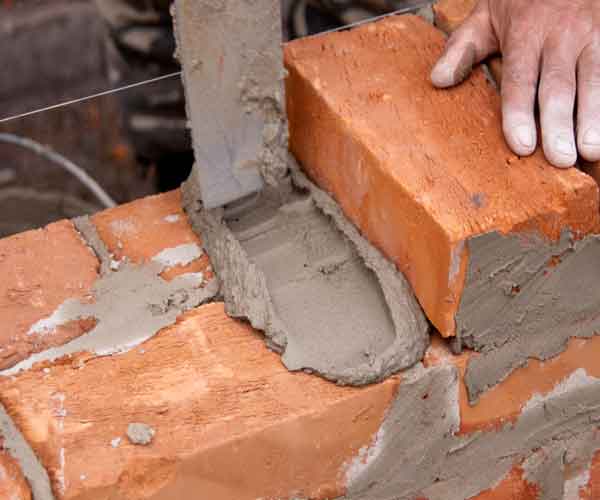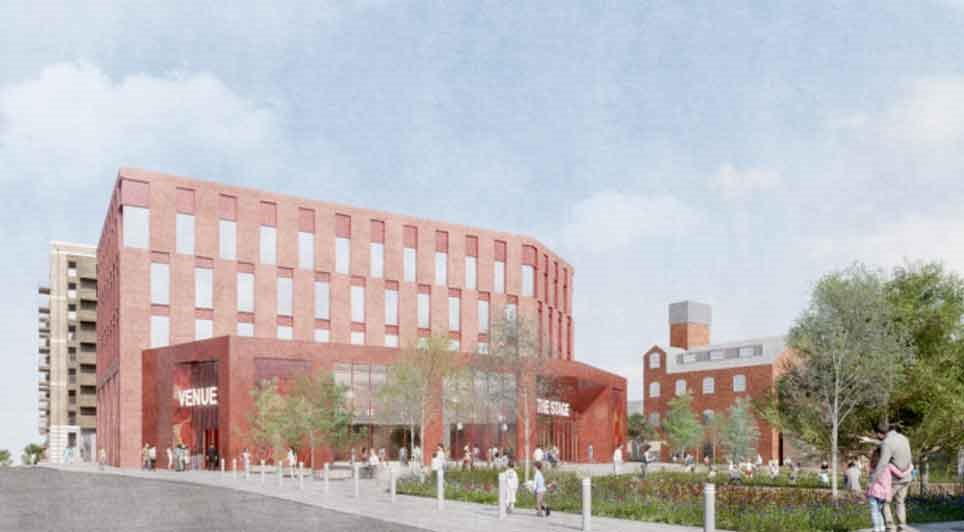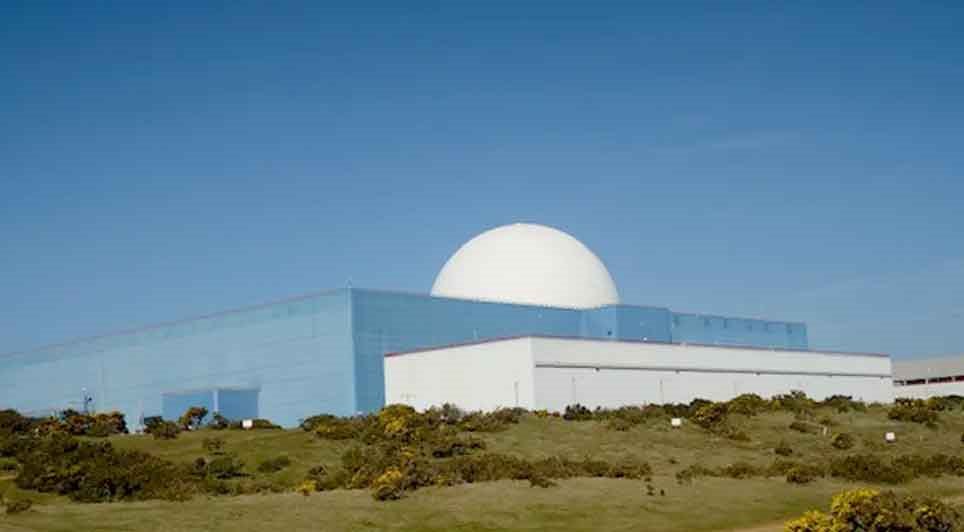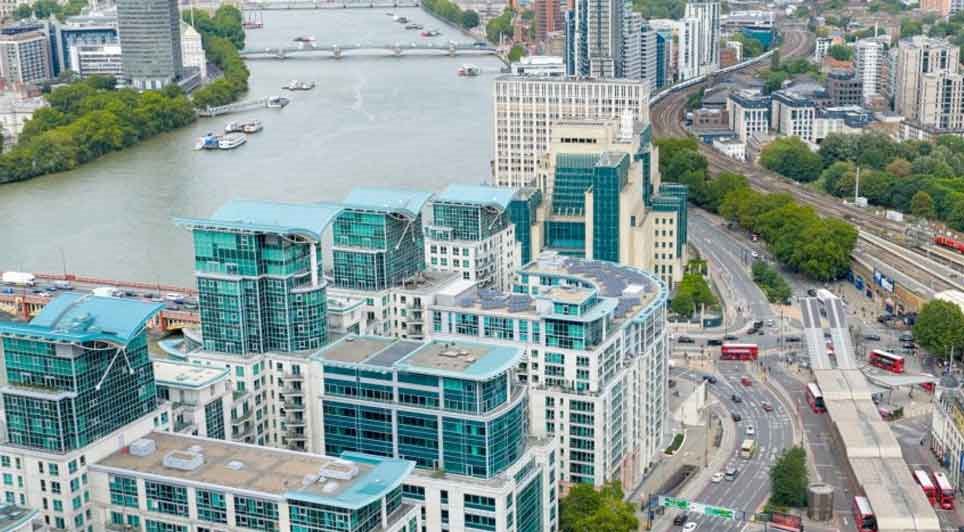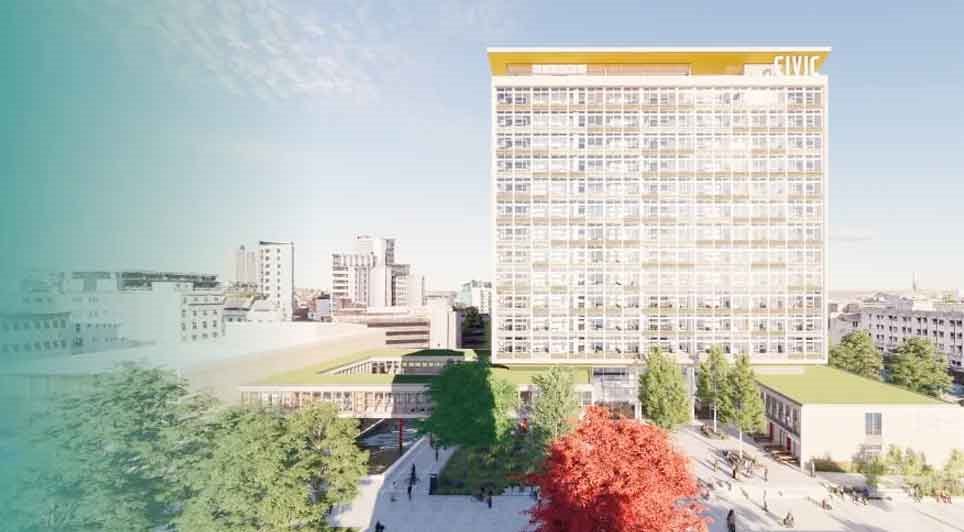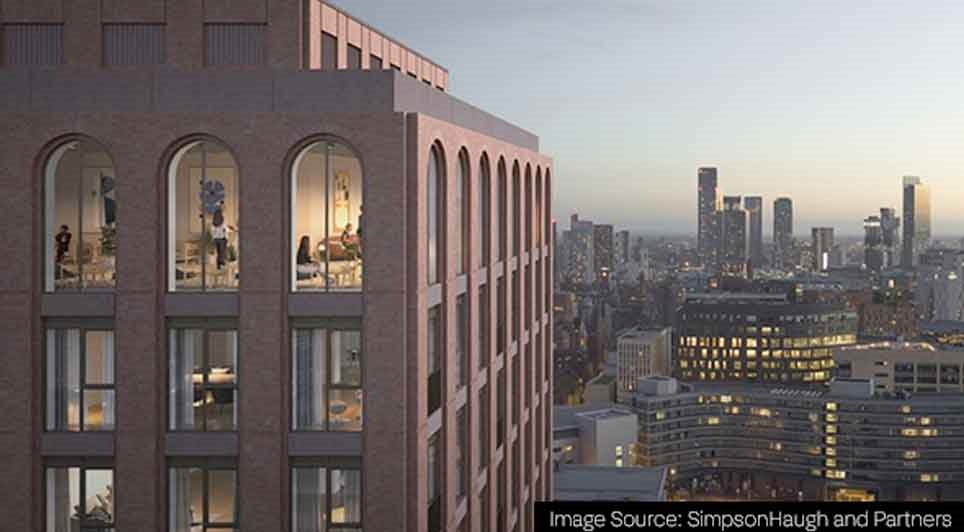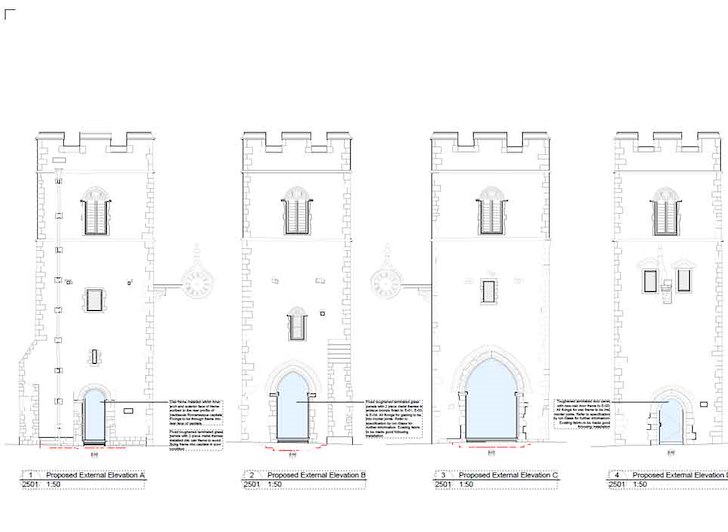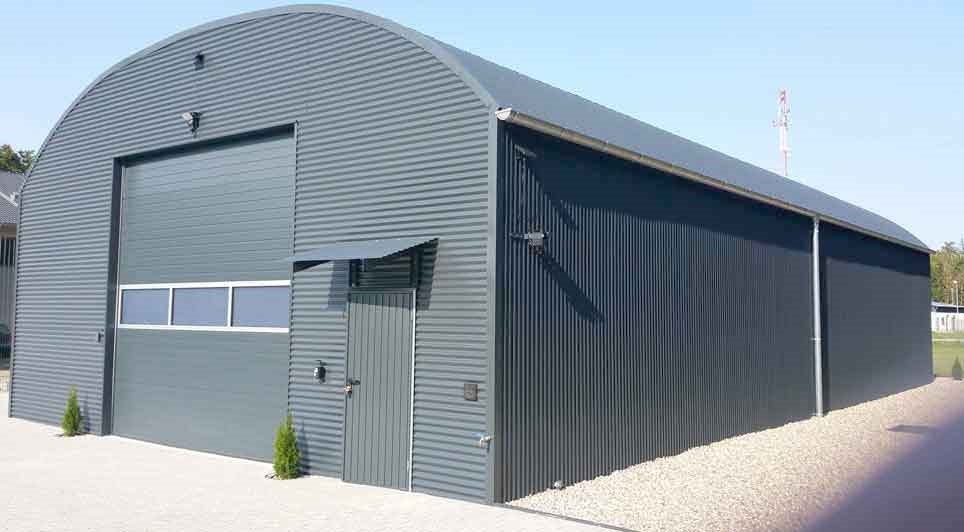New figures have revealed a marginal rise in business activity for the UK's construction sector in February.
The latest Markit/CIPS UK Construction Purchasing Managers' Index (PMI) posted 51.4 for last month, slightly higher than January's four-month low of 50.2 yet weaker than last year's figure of 52.3.
The data outlines a continuation of the subdued growth conditions reported across the UK construction sector at the beginning of this year. With new work falling for the second consecutive month, civil engineering was the worth performing category with activity falling at the sharpest pace for five months.
In addition, a soft patch for house building led to residential work sitting on track for its weakest quarter since Q3 2016. However, commercial construction expanded at its fastest rate since May last year.
New business volumes fell during February, although the rate of decline was only marginal and slightly slower than seen at the start of the year. Anecdotal evidence suggests that fragile business confidence and ongoing political uncertainty remained key factors holding back client demand, leading to a lack of tender opportunities to replace completed work on infrastructure projects.
Weak business activity growth and lower new order volumes both weighed on input buying in February. Relatively subdued demand for construction materials helped to alleviate some of the pressure on supply chains, with the latest downturn in vendor performance the least marked since September 2016.
Input cost inflation also remained strong last month, driven by higher prices paid for a range of raw materials. Respondents noted that increased fuel costs and greater staff wages had pushed up operating expenses. However, the overall rate of input cost inflation was much softer than the five- and-a-half year peak seen at the start of 2017.
Firms noted that business confidence moderated since January and was at one of the lowest levels seen in the past five years. While some companies indicated resilient UK economic conditions had supported optimism, there were also reports that Brexit-related uncertainty continued to influence decision making and act as a drag on the demand outlook.
Duncan Brock, Director of Customer Relationships at the Chartered Institute of Procurement & Supply, said the sector was feeling "as flat as a pancake" in February.
"Cost pressures continued to creep up and bear down on purchasing activity as raw materials became even more expensive and in shorter supply, and vendor performance degraded again impacting on the completion of projects," he said.
"A talent shortage also gave staff the power to demand higher wages, adding to the overall cost burdens for business.
"Housing bore the brunt of this disappointing performance, though there was a weak improvement this month. With the Government's intention to increase housing stocks, there will have to be a boost to the sector's fortune for these two trajectories to align.
"Overall, the only glimmer of hope through the masonry came from the commercial sector, with the strongest bounceback since May 2017 after languishing in the doldrums these past few months. And continued job creation was the biggest surprise as survey respondents may be preparing for stronger than expected work flows.
"But with the sector's optimism taking a tumble below its five-year trend, and without the reality of a strong pipeline of work to support activity, it will take more than spring sunshine to thaw the sector's prospects next month."
Mark Robinson, Scape Group Chief Executive, said the data shows the industry is facing "significant challenges".
"The increasing cost of materials and staff pressures is having an impact on the sector's confidence, which is compounded with continued uncertainty over Brexit," he said.
"It is essential that policymakers address these issues as a priority in order for the sector get back to the more promising outlook seen at the end of 2017."
(LM/MH)
 UK
UK Ireland
Ireland Scotland
Scotland London
London

